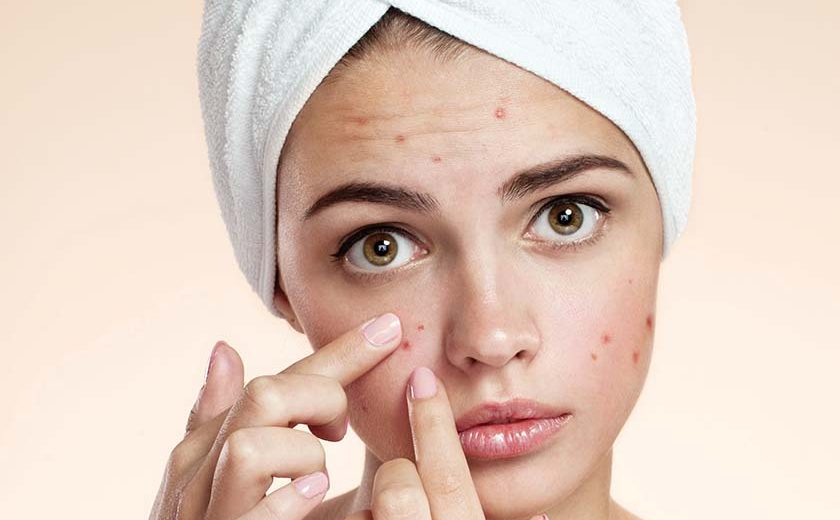You’ve finally gotten over splotchy and red face headshots of yourself taken during puberty years. But, here comes adult acne, looking to scar you both physically and mentally for another decade or so.
What is truly causing acne, this time around? Plus, what more can you do to minimise breakouts and maintain smooth skin? Have you heard of microneedling and skin laser treatments? Read on to find out if the reasons and procedures work in your favour!
Six Causes of Acne
1. Genetics
Genes play a big role in acne problems. If one or both of your parents have or had skin problems, chances of you having them are high. Since there’s nothing you can do to change that, use face products that are gentle to your skin or dermatologist-approved.
2. Sleep and Stress
Although not always a trigger factor, lack of sleep and being stressed is known to cause breakouts among many adults. If you’re unsure these might be the reasons you have acne, pay attention to your breakouts and keep a journal detailing when and why you think you suddenly have pimples on your face. While sleep hours vary, it is recommended that adults need between 7 and 9 hours to function at their best.
3. Hormones
Puberty is over but period, pregnancy and those affected by polycystic ovarian syndrome (PCOS) are still on the hormone-cards. Some people may also experience permanent hormonal imbalance. One of the telltale signs of a hormonal breakout is its location on the face. If you’re noticing inflamed cysts around your lower face—especially your chin and jawline area—you can bet your bottom ringgit that it’s probably hormonal.
4. Diet
Food rich in refined carbohydrates, fat and calories are leading causes for acne. Food may also cause acne inflammation when your immune system mistakenly identifies food as a threat and launches an immune attack against it. This food hypersensitivity results in high levels of pro-inflammatory molecules circulating throughout the body, which may aggravate acne. One way of dealing with this is via an elimination diet under the supervision of a dietitian or nutritionist.
5. Cosmetics
Makeup can definitely aggravate acne or make acne worse. Sometimes this is the result of makeup wearers not realising that they are sensitive or allergic to certain ingredients. Other times, it may be that they’re forgetting to take their makeup off after a day of wear, therefore clogging up or blocking pores. Cleanse and moisturise your face every day before going to bed!
6. Bacteria
The bacteria that cause pimples are called Propionibacterium acnes, or P. acnes for short. These bacteria live on your skin all the time. They become a problem only when a pore becomes blocked. This happens when excess oil or sebum mixes with dead skin cells to form a ‘plug’. The bacteria build up in the oil inside the blocked pore. The body responds by sending cells to kill the bacteria, causing the pore and surrounding skin to swell and creating the little red bumps with white centres known as pimples.


